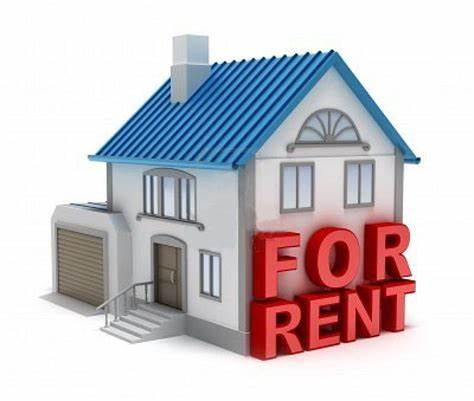When you rent any property, you need to be vigilant because you don't own property. Being vigilant means ensuring that property is not compromised, and it also means that you need to be alert to your legal rights as a tenant. Here are some tips for renting a house.
1. Learn about the owner-tenant law in your area. It is important to study the owner-tenant law to ensure that you understand your rights and responsibilities as a lessee.
2. Check the property. You should check the water system, air conditioning unit, door and window locks, water pipes (to ensure toilet flushing), etc. Be sure to ask the real estate agent or landlord about the time of home maintenance and the final maintenance of the home. You don't want to rent a house with water pipes or heating problems in winter.
3. Read the lease carefully. Your lease is a legal contract between you and the landlord to use the landlord's property. The lease may contain additional terms not required by the owner-tenant law, but these terms are legally binding when the parties sign the lease. If you are concerned that your lease may be unfair to you (for example, the landlord asks you to conduct a property check every week), you can seek legal counsel and hire a lawyer who specializes in the relationship between the landlord and the lessee.
4. Check the property again. Once the lease is finalized and approved by the owner and the lessee, you can request that the property be reviewed again. When you are at the hotel, take a photo and record any damage you see. If you see a TV screen mounted on the wall leaving a small hole in the wall, take a photo and notify the landlord in writing. Your landlord may or may not repair the damage before you move in. However, it is important to notify the landlord before moving home, otherwise the landlord may accuse you of the loss and take money from your deposit to repair it.
5. Pay the rent on time. Once you move into your new home, you will need to pay your rent on time. The rent can be paid in cash, cheque or electronic transfer. It is not recommended to pay in cash because there is no written record of tracking your money. If you decide to pay in cash, make sure you ask for a receipt to prove the date and cash usage.
6. Make sure your landlord gets paid. When mailing a check to your landlord, make sure your landlord saves the check. If your landlord has not deposited or cashed your check, notify your landlord that you have sent a rent check. It is best to notify the landlord in writing, such as an email or text message. You don't want your landlord to accuse you of not paying your rent on time.
7. Establish a good relationship with you and your landlord. This does not mean that you need to be your best friend with your landlord. However, you don't want your landlord to hate you directly. During the tenancy period, the dissatisfied landlord is difficult to cope with. Affordable to your landlord. If you want to run a mile more, you can send a greeting card during the holidays. A happy landlord will react faster to any emergency repair. If you only communicate with your landlord's property manager, then establish a good relationship with him.
Find More

Welcome to HouseRentUS.com, your trusted online rental marketplace. We simplify the
connection between renters and property listings without participating in rental transactions or charging
users any fees. For a cost-free, efficient search for houses, apartments, and rental homes, our platform is
your go-to resource to find affordable housing across the USA.
We sustain our services through ad partnerships, including Google, ensuring a user-centric experience. By
interacting with ads, you support our mission to enhance your property search journey. Thank you for your
understanding and engagement.



